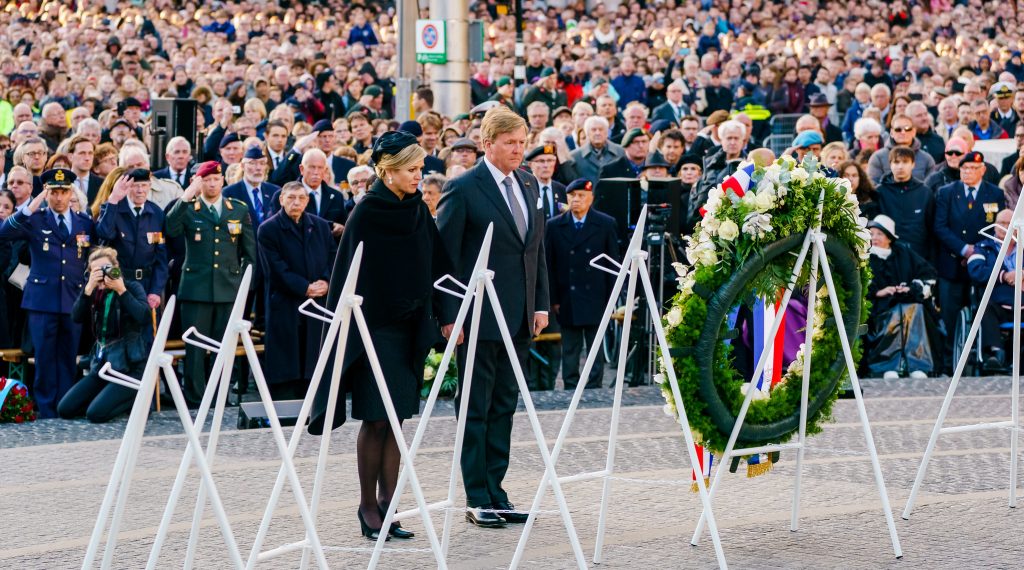Dutch Word of the Month January: Herdenking Posted by Sten on Jan 28, 2020 in Dutch Language
January – the first month of the 2020s is coming to a close. This month really stood out with several events that made us stop, think, and look back. From joyful and exciting memories of what the last decade brought us to devastating losses. The word of the month January 2020 is herdenking.
Click here for previous Words of the Month
What does it mean?
Herdenking (remembrance) and the corresponding word herdenken (to remember, to rethink) are used to refer to remembering, commemorating certain events. It is different from herinneren (to remember, to recollect) that the latter is what you can recollect of an experience you’ve went through. Herdenken does not require that. The noun herdenking specifically refers to an event where something is herdacht (remembered). Here’s the Van Dale definition:
plechtigheid waarbij iem. of iets herdacht wordt (ceremony where sb. or something is remembered)
Relevance to January
It was a month of looking back, of remembering and of thoughtfulness. Apart from several devastating events with life lost as a consequence, one of the worst atrocities in human history was also remembered, just yesterday.
On January 27, 1945, the Russians liberated concentratiekamp (concentration camp) Auschwitz-Birkenau in present-day Poland. Hundreds of thousands of people lost their lives here due to the horrific deeds of the Nazis over the entire period of the Tweede Wereldoorlog (Second World War). Among them, tens of thousands were Dutch. Anne Frank, who is part of the Dutch Canon, was also sent to Auschwitz after first being imprisoned in Kamp Westerbork (camp Westerbork).
Yesterday it was exactly 75 years after that day, which was commemorated with the last survivors of the Holocaust. The Dutch king and queen were in Poland, too.
But also in the Netherlands, herdenkingen were held.
Another initiative from earlier this month placed one stone for every one of the 104,000 Dutch people that were deported in the Holocaust.

Build vocabulary, practice pronunciation, and more with Transparent Language Online. Available anytime, anywhere, on any device.




